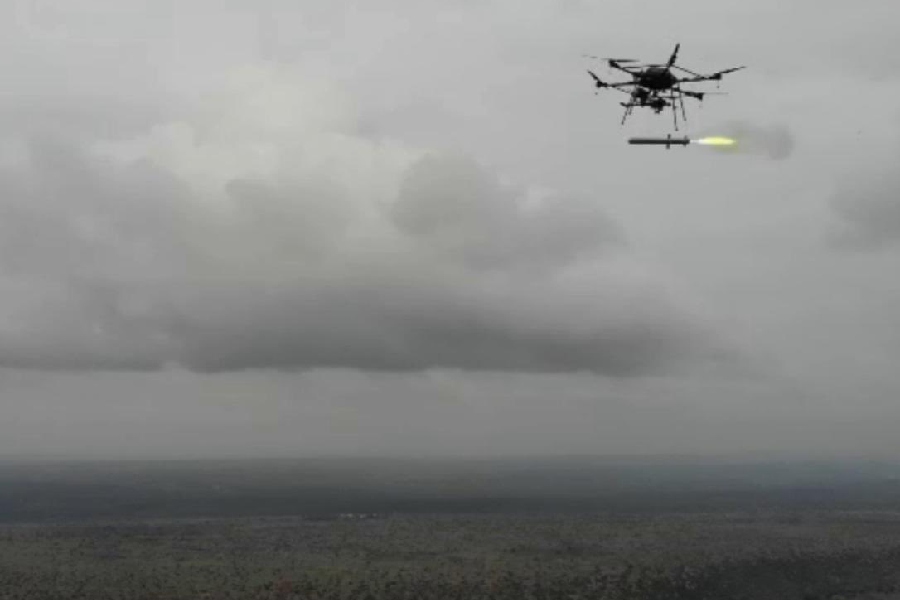US treasury secretary Scott Bessent on Tuesday accused India of “profiteering” by reselling Russian oil while sparing China for the same, saying it has “diversified inputs of their oil.” The remarks came amid strain in India-US relations after US President Donald Trump imposed tariffs totalling 50 per cent on India. This includes 25 per cent for New Delhi’s purchases of Russian oil that will come into effect from August 27.
While replying to a question on CNBC on different treatment to China and India for purchasing Russian oil, Bessent said China’s oil import from Russia has increased only 3 per cent post the Russian-Ukraine war, while India's oil imports from Russia have increased over 40 per cent.
"China's importing (Russian oil) is suboptimal. If you go back and look pre- 2022, pre-invasion (of Ukraine by Russia), 13 per cent of China's oil was already coming from Russia; now it's 16 per cent, so China has diversified inputs of their oil," said Bessent.
Bessent added that “less than one per cent” of Indian oil was coming from Russia pre-invasion “and now I believe it’s up to 42 per cent”.
"India is just profiteering, they are reselling... They made 16 billion in excess profits…..some of the richest families in India. This is a completely different thing," added Bessent. He further said that this “Indian arbitrage, buying cheap oil and reselling it as product, has just sprung up during the war …is just unacceptable." Bessent made similar comments last week ahead of the Trump-Putin meeting. In an interview with Bloomberg, he said if “things don't go well” between Trump and Putin at the summit meeting, then secondary sanctions on India for purchasing Russian oil could go up.
India has called the tariffs “unjustified and unreasonable”.
India said that, like any major economy, it will take all necessary measures to safeguard its national interests and economic security.
On Tuesday, Minister of State for Commerce and Industry Jitin Prasada informed the Parliament that India and the US are negotiating a multi-sector bilateral trade agreement, and as a part of the negotiations, both sides are discussing liberalisation of trade in goods, including non-sensitive agricultural products.
So far, five rounds of talks have been completed between the two countries on the proposed BTA. The US team has recently postponed their visit for the sixth round of negotiations, which was scheduled from August 25.
Except for the headline, this story has not been edited by The Telegraph Online staff and has been published from a syndicated feed.











